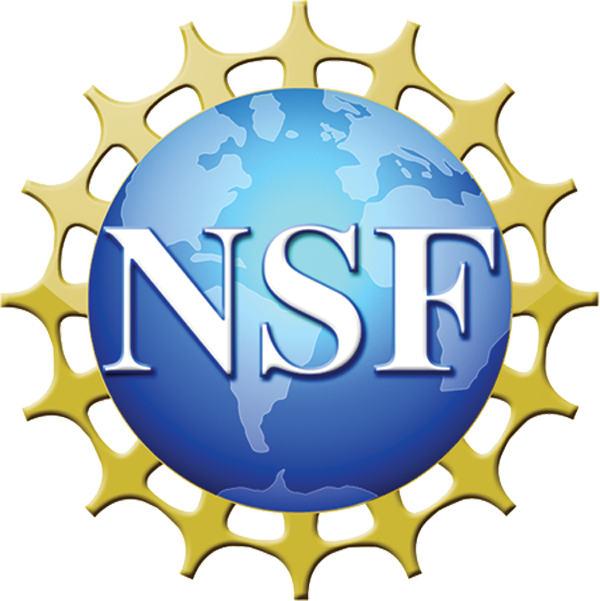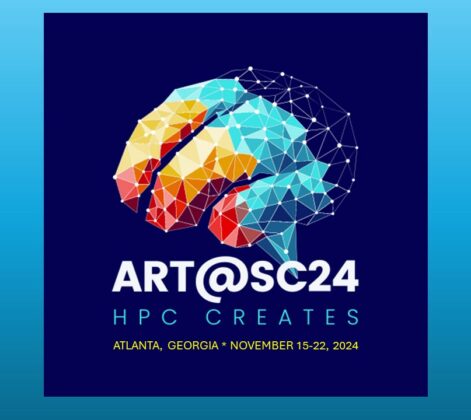Join STEM-Trek in the Windy City for the Practice & Experience in Advanced Research Computing (PEARC19) conference, July 28-August 1, 2019! We’re hosting a workshop on Monday, July 29, that will enlighten participants about applications for artificial intelligence (AI) that are used for social good. Biomedical advances, economic empowerment strategies, agricultural innovation and quality of life improvements for citizens in underserved regions will be emphasized.
Hands-on training sessions will acquaint participants with a variety of useful AI skills, and our security panel will foster thoughtful discussion about related privacy, ethics and compliance challenges associated with inter-institutional and international research.
You may also enjoy the “Stop Chasing Unicorns in the Global Gig Economy” panel discussion on Wednesday, July 31 from 11:05 a.m. to 12:35 p.m. in the agency A-B room at the Hyatt. Join Moderator Elizabeth Leake (STEM-Trek & University of Iowa), with panelists Ben Rogers (University of Iowa); Hakizumwami Birali Runesha (University of Chicago); Ruth Marinshaw (Stanford University); Preston Smith (Purdue); and Mike Papka (Argonne National Lab) who will share strategies they’ve used to recruit and retain top talent.
AI4GOOD Agenda: Monday, July 29, 2-19 8:30a.m. to 5p.m.
Location: Addams (Room at the Hyatt)
Welcome and introduction to applications for AI (8:30 – 10 a.m.)
Case-studies will include energy, transportation, biotech, financial inclusion, defense, and supply-chain logistics). Elizabeth Leake (STEM-Trek/University of Iowa); Alana Romanella (Virginia Tech); others.
-
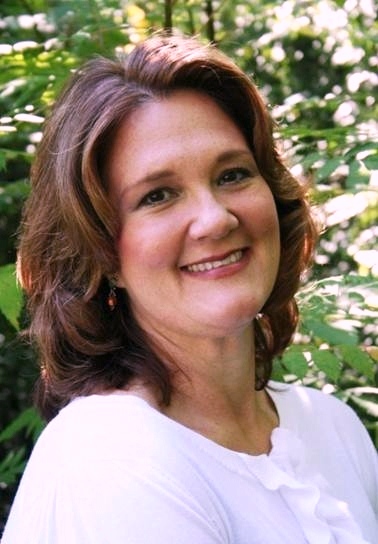
Elizabeth Leake (STEM-Trek) -

Alana Romanella (Virginia Tech)
Elizabeth Leake is the founder and director of STEM-Trek Nonprofit and serves as Communications Manager for University of Iowa Research Services and Iowa Informatics Initiative (UI3). As an HPC industry storyteller, she is a frequent contributor to HPCwire, Datanami and Top500.
Alana Romanella is the Assistant Director of Development and Fiscal Administration in the Advanced Research Computing division at Virginia Polytechnic Institute and State University. Romanella and Leake have co-facilitated a number of workshops and conference committees, including the PEARC17 student program. Romanella serves as a STEM-Trek adviser, reviewer and mentor who oversees delegate “pay-it-forward” proposals. In addition to her volunteer work for STEM-Trek, Romanella is Diversity Chair for PEARC19 (and 18), and serves the Virginia Tech research community as an XSEDE Campus Champion.
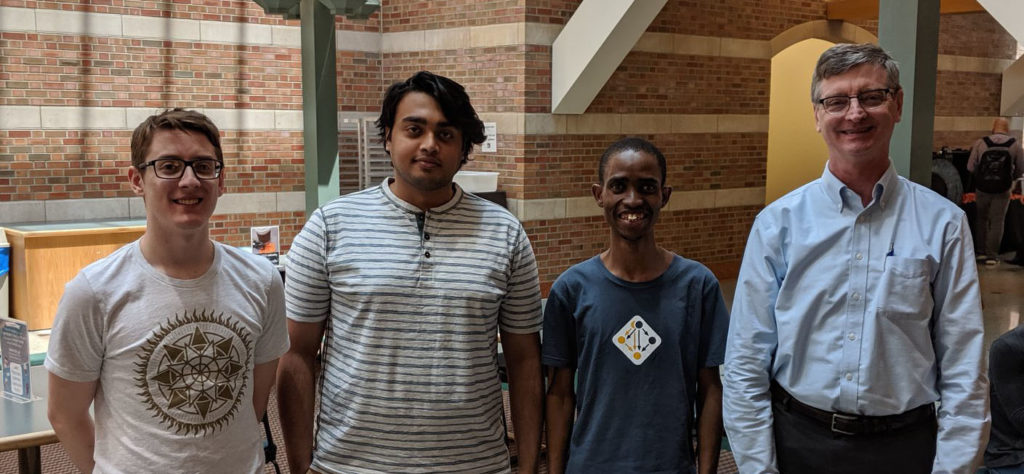
Badisa Mosesane (University of Botswana undergrad) will provide an update about his work with the African Ecosystems and DRONES4GOOD projects. The DRONES4GOOD team hopes to use AI to map biodiversity (plant and animal), detect deteriorating environmental conditions and identify emerging threats to animal and plant life. Ecosystems, led by the South African Centre for High Performance Computing, now has clusters in 18 data centers in a dozen African countries, and each center is fostering an emerging scientific computing workforce.
Mosesane is completing a three-month internship at the National Center for Supercomputing Applications (NCSA) this summer where he is working with the HPC group. His internship was supported by the US National Science Foundation. Gap funds and in-kind support for Badisa’s summer internship were provided by Cray, Inc. and other sponsors.
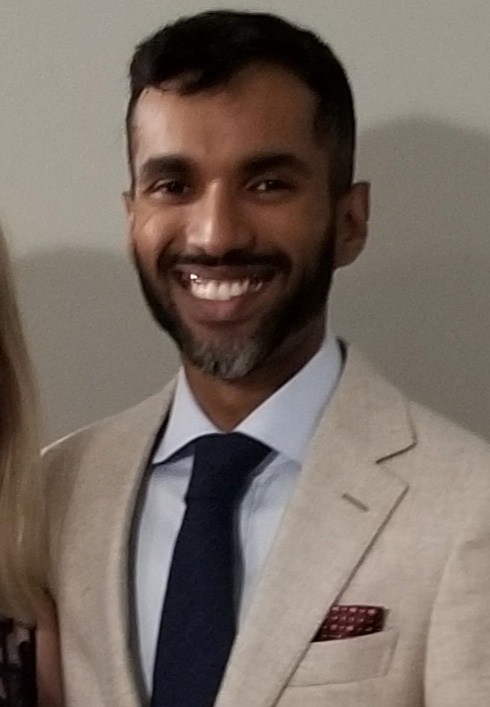
Srijith Rajamohan (Virginia Tech) is a Computational Scientist whose responsibilities include teaching, research and academic consulting. His research background is a mix of Computational Science and Machine Learning using traditional and novel HPC/Cloud technologies. Since joining VT, Dr. Rajamohan has honed his skills teaching and researching Visual Analytics. His current research interests are Natural Language Processing using Deep Learning, dimensionality reduction and semi-supervised learning. He maintains a website summarizing his teaching and research activities at https://srijithr.gitlab.io.
Dr. Rajamohan is a graduate of the SimCenter: Center of Excellence in Applied Computational Science and Engineering; his thesis involved Computational Electromagnetics using the Finite-Element Method. He earned a doctorate degree in Computational Engineering from the University of Tennessee in 2014. He also hold a Masters in Electrical Engineering from The Pennsylvania State University where he worked with Neural Networks for Computer Vision on the IBM Cell processor.
Break: 10:00 to 10:30 a.m.
Hands-on training!
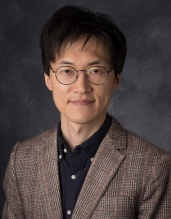
Introduction to Python and Jupyter as tools for AI development, 10:30 a.m. to noon.
Kang Lee (University of Iowa) will lead a hands-on session covering Python and Jupyter (Hub & Notebooks).
On Tuesday @PEARC, participants will be encouraged to attend Lee’s 1.5 hour tutorial on Python/R (where each will be used).
Dr. Lee works at the University of Iowa Research Services as a data scientist helping researchers optimize their use of local and federated data, resources and services. He earned his Ph.D. degree in Computer Science from Seoul National University, and prior to joining Iowa in 2017, worked as a data scientist at Samsung Big Data Center where he led a number of data-driven market research projects. His Iowa Python-R short-course is so popular, he typically packs the house at 50 students (plus others who fail to register).
Lunch: 12-1:30 p.m.
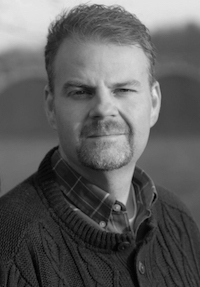
1:30 to 3:00 p.m.: Beyond Bitcoin: Lessons learned from distributed ledger technology (DLT), secure ledgers and blockchain.
How are non-financial industries employing DLT, how is it being improved with AI, and what are developers doing to address known challenges of sustainability (power/efficiency), interoperability (international policies & compliance) and scalability that cryptocurrencies and blockchain have encountered?
Ryan Quick (Proventia Worldwide; will provide hands-on lessons in consensus algorithms; how blockchain stores data and why that’s important to the paradigm; caveats for distributed ledger tech, in general; scaling blockchain and DLT without compromising functionality; overview of popular chains; how AI/ML algorithms are used to detect bias; and how to determine when a technical choice is made for political or philosophical reasons & what that might mean.
Afternoon break; 3:00-3:30 p.m.
Cybersecurity Panel (3:30-5 p.m.)
Privacy, policies, security, ethics, and international AI — Oh My! How does AI impact the landscape for inter-institutional and international data stewardship and research compliance? This will be a series of lightening presentations and a 45-minute panel discussion with (public and private) IoT policy, computational and data specialists who support globally-distributed projects. 1.5 hours.
PANELISTS: Florence Hudson (IoT specialist; FDHint, LLC; NSF-Trusted CI Adviser; Former IBM/Internet2); Gabriella Perez (Research Compliance; Trusted CI Fellow; University of Iowa); Ryan Quick (Proventia Worldwide); invited: others.

Florence Hudson is Founder & CEO of FDHint, LLC, consulting in advanced technology, Strategy and Diversity and Inclusion with industry, higher education and government. She is Special Advisor for TrustedCI, the NSF Cybersecurity Center of Excellence at Indiana University, as well as Special Advisor for Next Generation Internet for the Northeast Big Data Innovation Hub at Columbia University, Editorial Board member for the journal Blockchain in Healthcare Today, and Co-Founder of Blockchain in Healthcare Global. She leads IEEE pre-standards work in Blockchain for healthcare, and is on the Program Committee for Computational Approaches for Cancer workshops. She is on multiple boards and advisory councils including the Princeton University Civil and Environmental Engineering Advisory Council, Cal Poly San Luis Obispo Industrial and Manufacturing Engineering Industry Advisory Board, Stony Brook University Mechanical Engineering Industry Advisory Board, University of South Florida CyberFlorida review board, and the Union County College Cybersecurity Advisory Board. Prior to working for IBM, Hudson was at Hewlett Packard in technical sales support, and served as an aerospace engineer at Grumman Aerospace Corporation and NASA. She received her BSE in Mechanical and Aerospace Engineering at Princeton University, and has attended executive education at Columbia University and Harvard Business School.
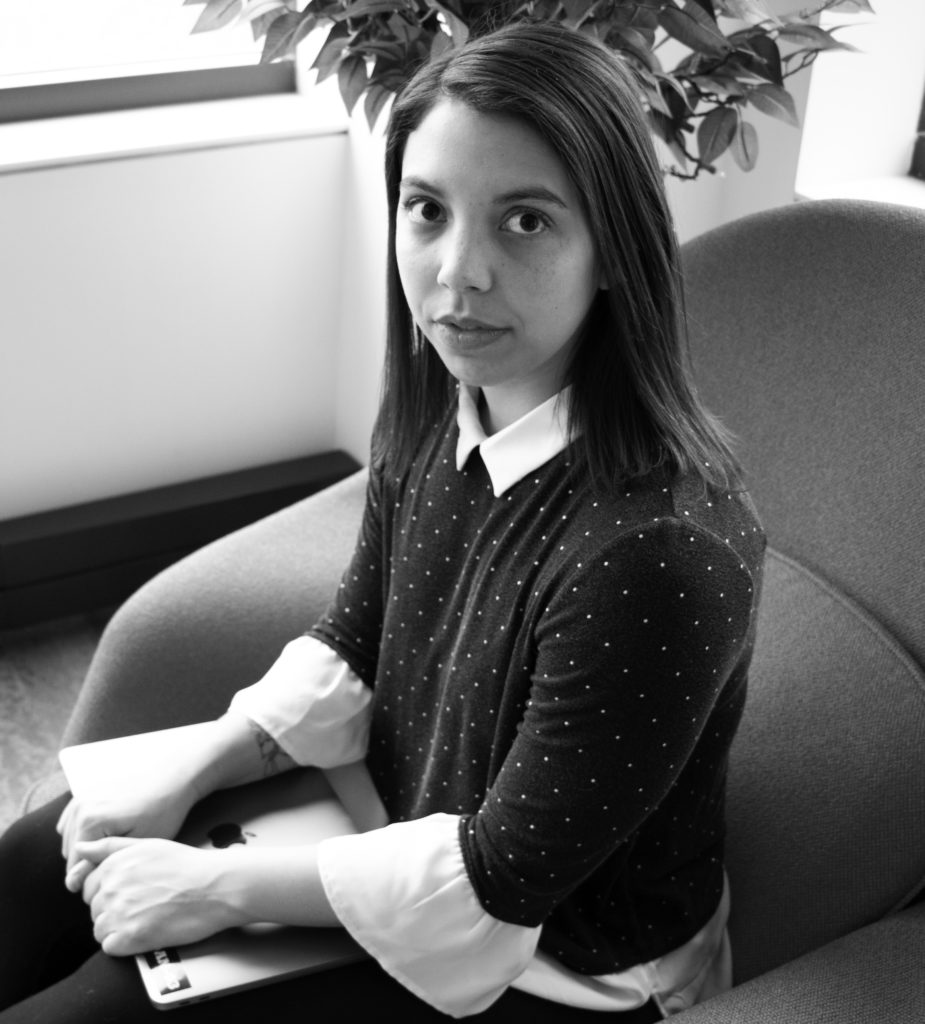
Gabriella Perez works at the University of Iowa as a Research Technology Compliance Specialist. Earlier this year, she was one of six delegates selected from a nationally-competitive pool to participate in the National Science Foundation’s (NSF) Trusted CI Open Science Cybersecurity Fellows Program. Perez has served in the U-Iowa compliance role since the position was created in 2017. She is the primary campus point-of-contact for technology compliance among researchers and the campus OneIT network of technical specialists. U-Iowa is a regional-serving university in an NSF-EPSCoR jurisdiction (Established Program to Stimulate Competitive Research). With about 33,000 students, 1,500 faculty and thousands of professional staff—and a vibrant research presence in each of Iowa’s nine professional colleges—Perez supports everyone from the principal investigator, to staff members and students who utilize the campus computing cluster. With large medical and public health colleges on campus, much of Iowa’s research involves HIPAA compliance (Health, Insurance, Portability and Accountability Act of 1996).

Ryan Quick had a distinguished career as a principal engineer and architect with eBay, PayPal, and other prestigious companies before forming Proventia Worldwide with Arno Kolster in 2017.
Quick’s experience with global, fintech infrastructure design and implementation gave him a deep understanding of the security challenges associated with international commerce. Being responsible for crisis management and the critical restoration of site technical problems for eBay, Half.com, Skype and PayPal laid the foundation for his current work with consensus algorithms, and the security, stability and scalability possible with distributed ledger tech and blockchain.
From their website: “Proventia Worldwide is dedicated to solutions in the “gray area” between enterprise hyperscale and traditional high performance computing/supercomputing areas. By combining techniques from a variety of industries, academic, and government, we bring world-class best practices to bear on some of the most difficult problems on planet earth.”
Who should attend?
AI4GOOD@PEARC19 is designed for early-career and student attendees who are on various career tracks, including: compliance, research, data science, research computing support, cybersecurity, application development, and HPC operations. This session is open to the general conference community.
When is it?
Monday, July 29, 2019. PEARC19 is in Chicago, Illinois July 28-August 1, 2019.
Objectives for the workshop:
- To teach advanced skills that will help engineers solve real-world AI challenges for which a combination of machine learning and software, hardware and/or network development are likely to be effective.
- To inspire the creation of open-source solutions that can be applied to socially-responsible digital products that will foster a better quality of life, improved cybersecurity and economic empowerment for those who live in under-served regions.

Frank S. Perri for their support!
We also appreciate Jeff and Julie Weingarz; Nene Kodjoe (SIA-Africa); and Ross Delston, CAMS for their help.



